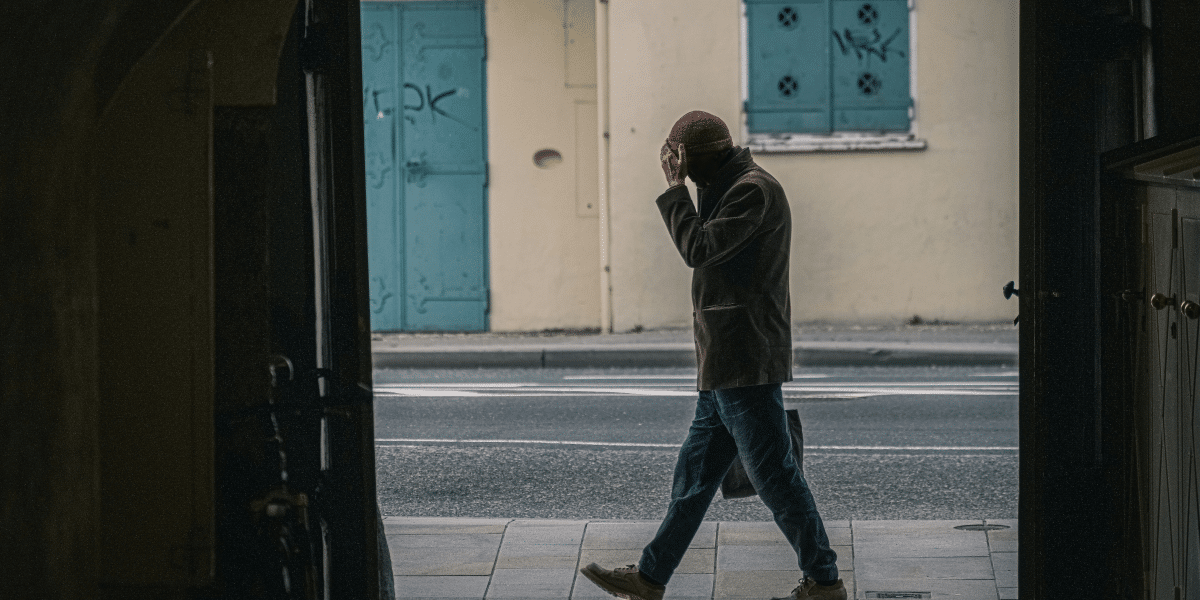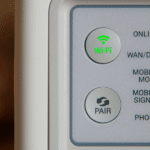At some point, we all face moments where the lines blur, and it’s hard to know if you’re in control or if something else is holding the wheel. For anyone struggling with substance use, that line is especially thin, and knowing when it’s time to get help can feel like a major mystery. Rehab can sound intimidating, but it’s a place where people find clarity and support. But when is the right time? How can you tell if your occasional release valve has turned into something that might need an actual, structured change? Read on to find out more.
Assessing Your Level of Control
The first clue that something’s up often comes down to control. Think about how often you’re using substances, how long you can go without, and how much it’s sneaking into your decisions. When a drink, a hit, or a pill starts making choices for you—deciding when you’re happy, how you socialize, and even when you feel like yourself—control’s slipping. For some, it might look like needing a drink to calm nerves or popping something just to make it through the day. For others, it’s a feeling that the “normal” times just aren’t enough without some kind of lift. Either way, if the substance is steering the ship, it’s a huge signal that it might be time to think about rehab.
Rehab isn’t about taking things away or making life feel smaller. It’s designed to help individuals regain a sense of control in their lives, empowering them to make healthier choices. For many, it can be a supportive step toward feeling more in control, although outcomes vary for each individual.
Recognizing the Impact on Relationships
Substance use doesn’t just affect you—it reaches into every relationship you have. From friendships and family connections to work and romance, addiction is often at the center of a web of tension and hurt feelings. Have people started distancing themselves? Are arguments around substance use popping up more? Or maybe loved ones are expressing concern, even if you’re sure they’re overreacting. The reality is that addiction doesn’t just show up in the way you feel but also in how others respond to you. And if people are sounding the alarm, it’s worth seriously considering it.
Addiction strains relationships in ways that often only become clear once they’re broken or lost. When friends or family are worried, they’re not just judging you—they’re seeing things from an outside view. Choosing rehab can be a powerful step in healing those bonds, making amends, and showing those around you that you’re ready to be yourself again.
Balancing Responsibilities
Everyone has off days, but when regular tasks—work, school, or even personal commitments—start feeling impossible to handle, it’s a sign that substance use is taking over. People dealing with addiction might see their performance drop, miss deadlines, call in sick more often, or simply lose the drive they once had. Sometimes, responsibilities become too much, and priorities get rearranged around when and how to use them.
The more these responsibilities pile up, the harder it becomes to ignore the toll addiction is taking. Here’s where overcoming addiction becomes not just a goal but a necessity to get your life back on track. Rehab can provide a structured environment that supports individuals in developing healthier ways to handle stress and pressure. For many, it serves as a chance to reset and work on patterns that feel overwhelming.
Listening to Physical Changes
Feeling tired after a long day is one thing, but when your body’s struggling, it’ll let you know. You might notice you’re constantly tired, getting sick more often, or just feeling generally run down. These are signs that substances are taking a toll on your health. Things like unusual weight changes, sleep issues, or a heightened tolerance to substances can all indicate that your body’s adapting to something it shouldn’t be.
But it’s not just about fatigue or weight—if there are times when you feel sick or off when you’re not using, your body’s asking for help. At this stage, a medical detox may be necessary. That doesn’t mean you’ve failed or things are hopeless—it just means your body needs extra support to safely return to balance. Rehab facilities offer a controlled, professional environment where withdrawal symptoms are carefully managed, making it easier to get through the toughest part of quitting.
Reflecting on Mental and Emotional Health
Mental health and addiction are like two sides of a coin; they can feed off each other in a cycle that’s hard to break alone. You might start feeling anxious or on edge, experience frequent mood swings, or deal with depression that’s intensified by the need to use. Often, people use substances to escape or numb these feelings, which only keeps them trapped.
When the mind takes a hit, the whole world looks darker. You may not feel like yourself anymore. Rehab isn’t just about breaking free from a physical addiction—it’s about finding yourself again. Working with professionals who understand the emotional side of addiction can help you rebuild that sense of self-worth and inner strength. It’s about giving your mind the same level of care you’d give your body if it were hurting.
Embracing the Possibility of Change
Rehab is one of the most personal, powerful steps a person can take, and it’s never something to feel ashamed of. Recognizing the signs and knowing when it’s time is the first act of courage. It’s about prioritizing yourself and returning to a place where you feel genuinely happy and whole. You’re not just getting rid of a substance; you’re choosing a life that’s healthier, more fulfilling, and totally in your control.
Disclaimer: The information provided in this article is for general informational purposes only and is not intended as medical advice. Readers should consult a qualified healthcare professional before making any health-related decisions. The contents of this article should not be used as a substitute for professional medical advice, diagnosis, or treatment.
Published by: Khy Talara



















